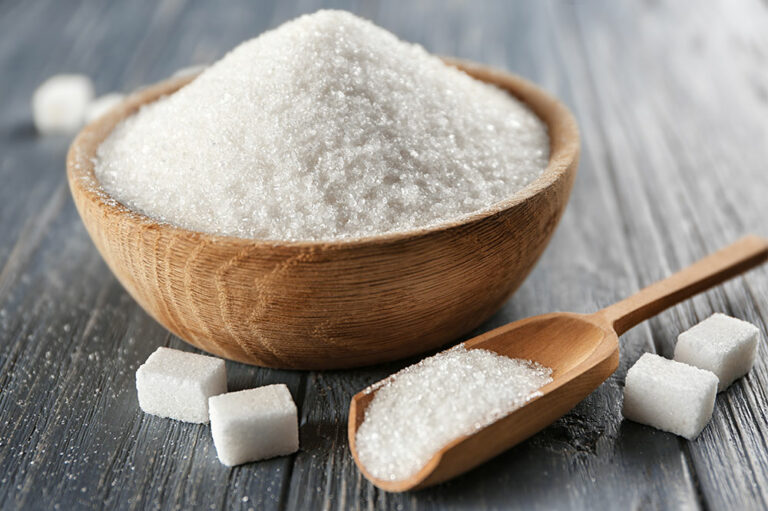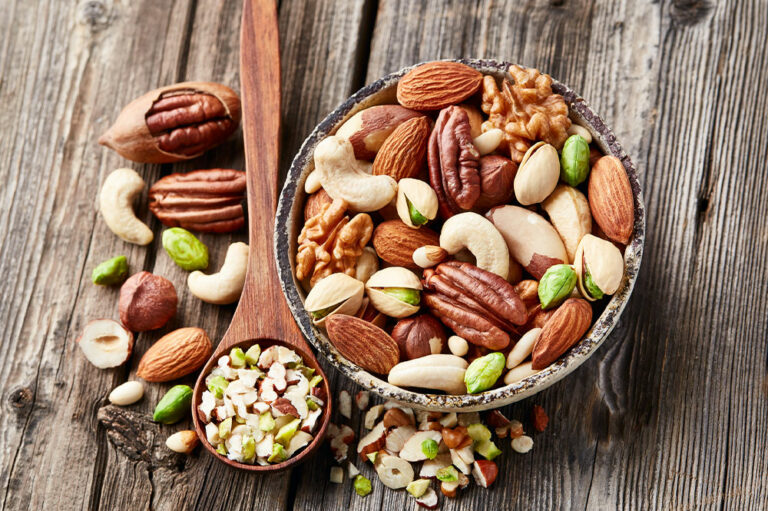
Foods to avoid for managing multiple sclerosis symptoms
Multiple sclerosis is a prevalent health condition that affects the central nervous system. It occurs when the immune system destroys the protective covering of the nerve. Health researchers do not know what exactly causes this to happen, but it is often attributed to immune, genetic, and environmental factors. Nutrition also plays an important role. Some foods are said to trigger or worsen the symptoms of multiple sclerosis and lead to complications. Sugar Too much sugar can lead to lifestyle disorders like diabetes. It can also cause kidney damage, a rapid heartbeat, vision problems, and other issues. Further, high amounts of sugar may contribute to nerve damage, which is already common in those with multiple sclerosis. Therefore, patients must closely watch their sugar intake and reduce its use in meals to prevent complications. Sometimes, extra sugar can lead to frequent ups and downs in blood sugar levels, increasing fatigue. A few sweet items to avoid are chocolates, candy, cookies, and sweetened beverages. It may take some time to put an end to the craving for these foods, but one must make a conscious effort. Saturated fats Foods with saturated fats like beef, pork, palm oil, and full-fat dairy can severely impact neurological health over the years.
Read More 










